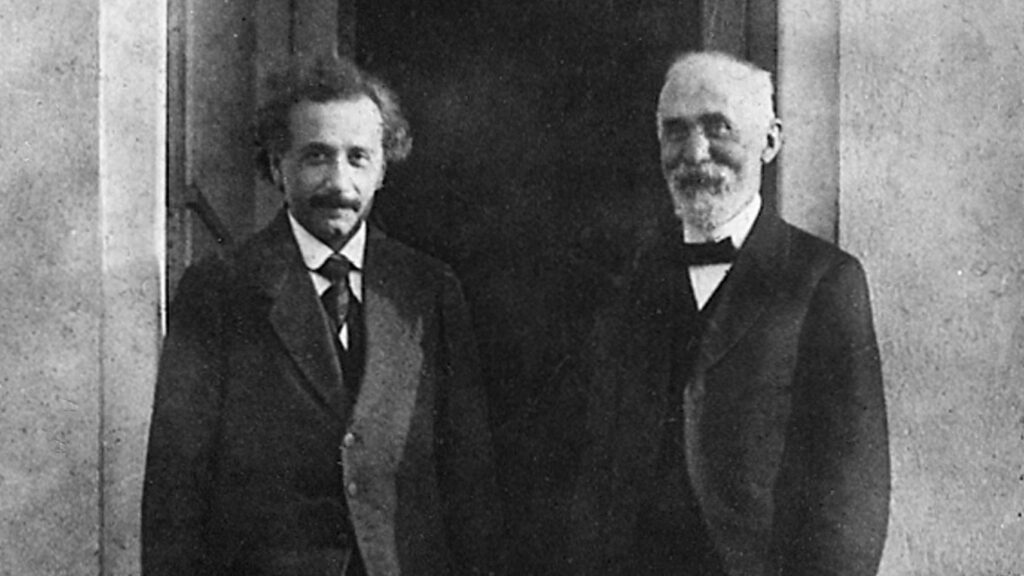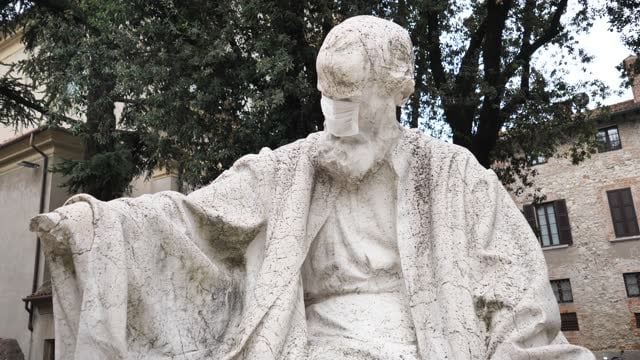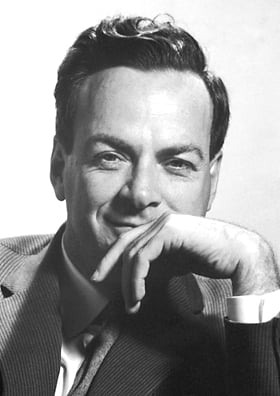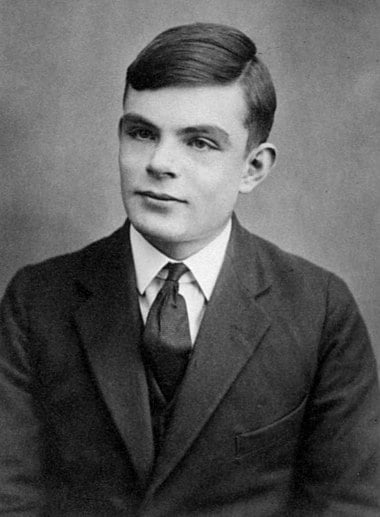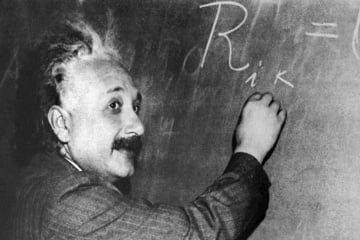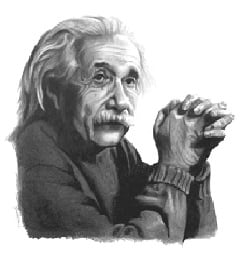Who Discovered the Lorenz-Lorentz Equation?
The Lorentz-Lorenz Equation is a formula that relates the refractive index of a substance to the electronic polarizability of the constituent particles. But did you know who discovered the said equation first? Physicist Ludvig Lorenz developed a mathematical equation to describe the refraction of light and the density of a pure transparent substance. Another physicist, […]
Who Discovered the Lorenz-Lorentz Equation? Read More »
